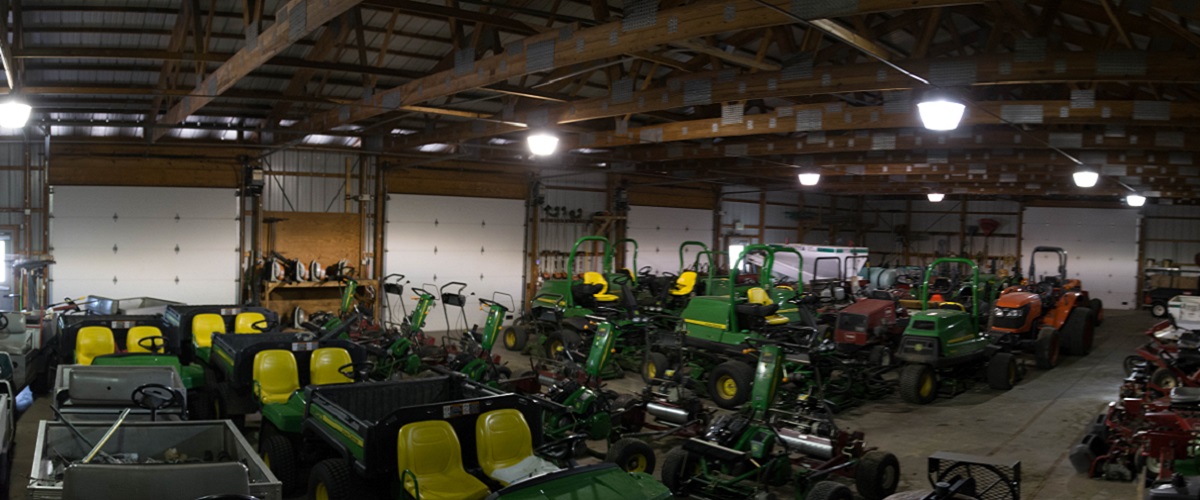
One of the key principles of pollution prevention is to reduce the unnecessary use of potential pollutants. Over time, the routine discharge of even small amounts of solvents can result in serious environmental and liability consequences because of the accumulation of contaminants in soil or groundwater. Pollution prevention includes the proper storage, handling, and disposal of chemicals, washwater, and wastewater. For example, an equipment-washing facility can be a source of both surface water and groundwater pollution if the washwater generated is not properly handled. In particular, washwater from pesticide application equipment must be managed properly, since it contains pesticide residues. If not contaminated, wastewater can be reused or discharged to a permitted stormwater treatment system.
Facilities related to the storage and handling of pesticides, fertilizers, and other chemicals, especially in their concentrated form, pose the highest potential risk to water sources if accidentally released in quantity. Therefore, anyone storing, mixing, or loading potentially hazardous chemicals should treat all leaks, spills, and fires as emergencies and be prepared to respond to these emergencies promptly and correctly.

